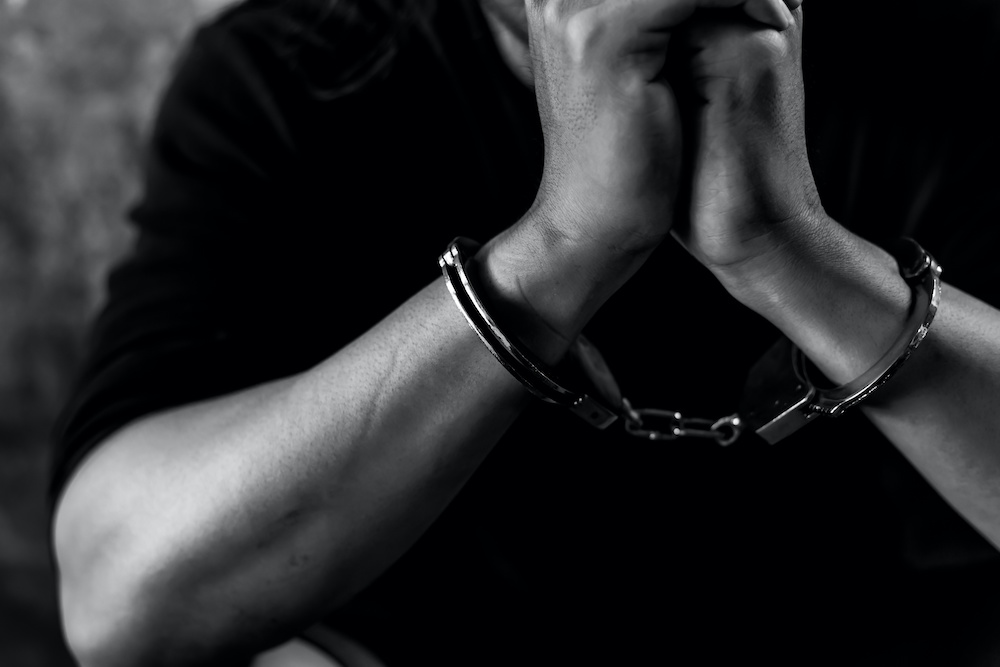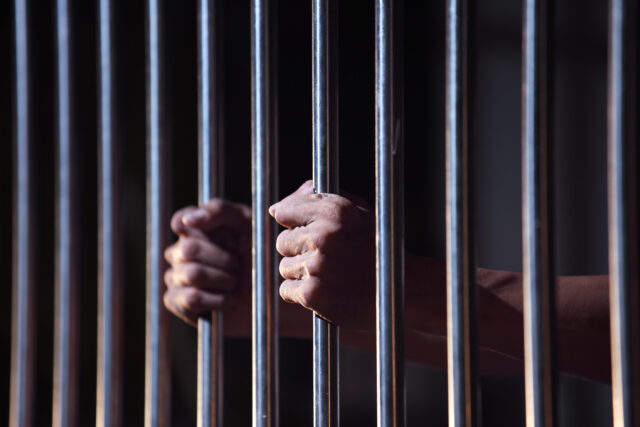You may be a United States green card holder ready to take the next step and officially apply for citizenship via Form N-400, Application for Naturalization. The one thing that may be holding you back, though, is if you carry the burden of a permanent criminal record. This is because, as you may have already heard, this form will ask you to disclose such. Further, the United States Citizenship and Immigration Services (USCIS) will likely conduct a fingerprint check as part of the application process. Well, before getting started on this, please read on to discover the types of crimes you must disclose on your naturalization application and how one of the seasoned Lancaster County naturalization lawyers at Lupton Law LLC can help you fill this form out correctly.
What crimes must I disclose on Form N-400, Application for Naturalization?
In short, you will be asked to disclose your entire criminal record on Form N-400, Application for Naturalization. But more specifically, your criminal record consists of anything you have been arrested for, anything you have been charged with, and overall any crime or other unlawful act you have been convicted of.
It is worth emphasizing that this is not exclusive to crimes or unlawful acts committed since your initial arrival to the United States. Rather, your criminal record from your home country and other foreign countries is of the USCIS’s interest. Of note, the only exception here might be if you were a refugee or asylee of another country who was made a victim of inappropriate government prosecution.
How does “good moral character” affect my naturalization application?
Ultimately, the USCIS distinguishes between certain crimes that constitute a temporary bar to citizenship and those that call for a permanent bar. For example, any crime in which you spent 180 days or more in jail or prison, or any two or more crimes in which you spent five or more years in prison, may be grounds for a temporary bar. On the other hand, any aggravated felony for which you were convicted after November 29, 1990, may lead to a permanent bar.
However, even though you might not have committed a crime listed as a temporary or permanent bar to citizenship, the USCIS may still use its discretion when approving you for naturalization. That is, they may still believe that you have not shown “good moral character” and justify this as enough reason to deny your submitted Form N-400, Application for Naturalization. For instance, they may find that you once committed a civil violation that reflects poorly on your moral character.
Therefore, when making a judgment on your moral character, the USCIS may evaluate the following extenuating circumstances:
- Whether any third party was injured as a direct result of your civil violation or unlawful act.
- Whether you were drinking or carrying a weapon during your civil violation or unlawful act.
- Whether you cooperated with law enforcement and the court system after your civil violation or unlawful act.
If you require legal representation, look no further than one of the competent Lancaster County naturalization lawyers. The client testimonials on our website speak for themselves, saying that you will not regret hiring the team at Lupton Law LLC.



